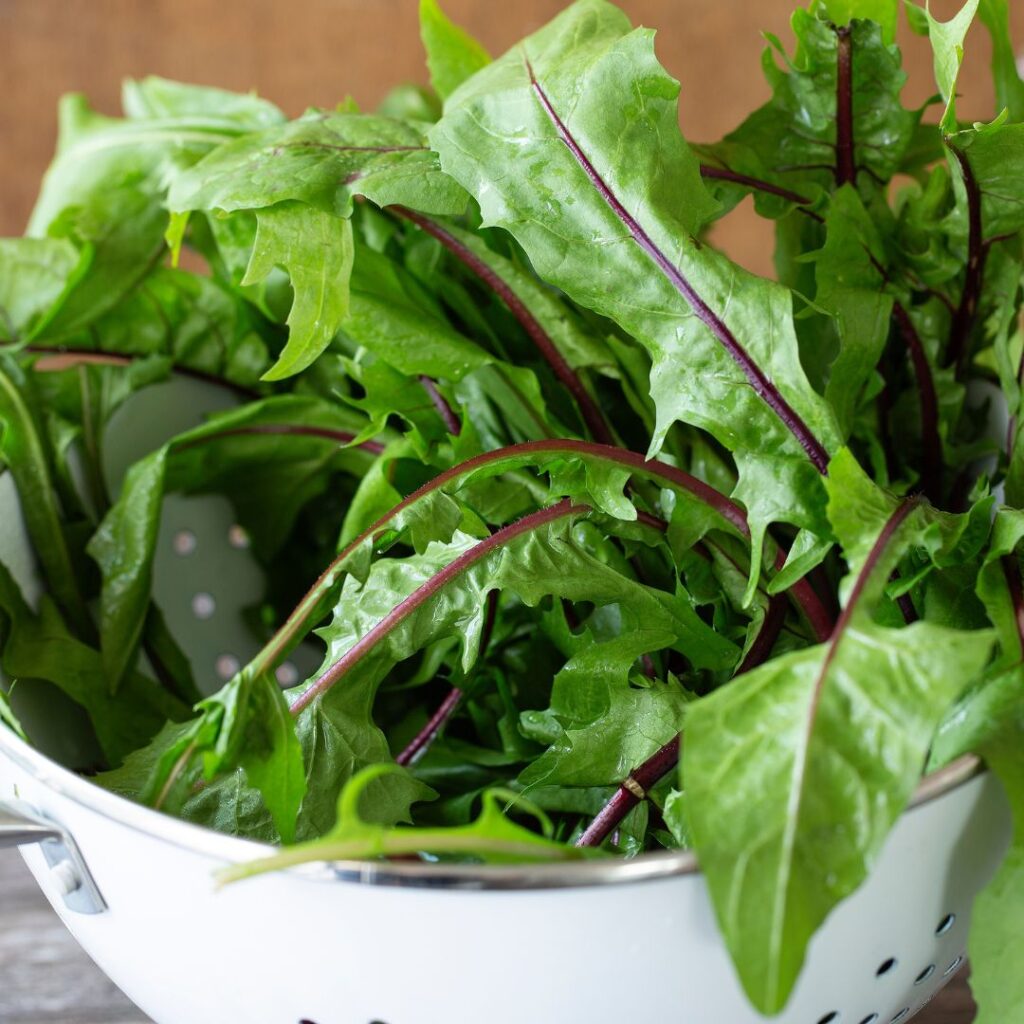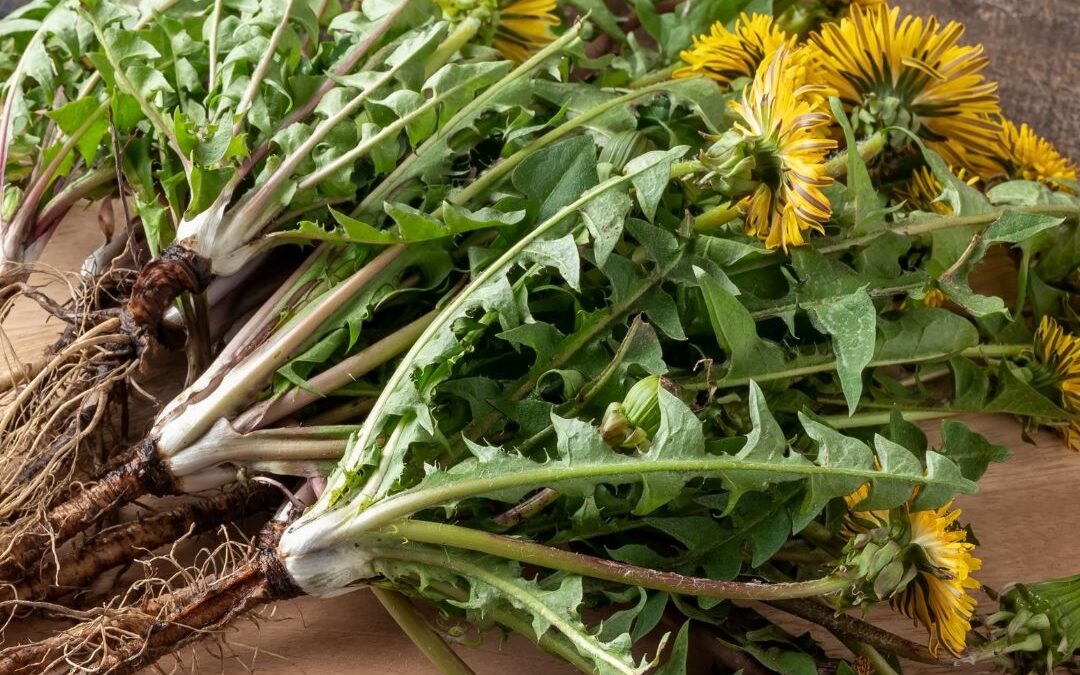Dandelions may be considered weeds by some, but their nutritional and medicinal properties have been valued for centuries. In this article, we will explore the various benefits of dandelion, from its edible flowers to its roots, and why it deserves a place in your diet and wellness routine.
Nutritional Powerhouse
Did you know that dandelion flowers are not only pleasing to the eye but also packed with essential nutrients? They contain beta-carotene, folate, vitamins, and minerals, making them a valuable addition to salads, omelettes, and even fritters.

Similarly, the young leaves of dandelion can be included in salads to boost their nutrient content. Herbalists and practitioners of traditional medicine have long revered dandelion for its therapeutic benefits.
The dandelion leaf is known for its diuretic properties and can be beneficial for high blood pressure, kidney diseases, and promoting urination. Furthermore, the dandelion root supports the liver, gallbladder, and spleen, aiding in detoxification and digestion.
Gut Health and Inflammation Support
Dandelion greens are not only nutrient-rich but also act as a prebiotic, nourishing the beneficial gut bacteria. Moreover, studies have shown that dandelion root reduces inflammation and helps repair the gut wall in patients with ulcerative colitis.

Bees play a vital role in pollination, and dandelions are a beekeeper’s best friend. These flowers provide a rich source of nectar and pollen, especially during early spring when other food sources may be scarce.
While dandelions are important for bees, it is crucial to note that they alone do not fulfil their nutritional requirements.
Dandelions can be utilised in various forms for their medicinal benefits. The root of the plant is commonly harvested in winter, then dried and cut into small pieces. These dried root pieces can be brewed into herbal teas to support liver and gallbladder health. When consumed over time, taste buds adapt to the bitter flavour, making it more palatable.
more than just a weed
Whether it’s adding dandelion flowers to your salads, brewing dandelion root tea, or including dandelion greens in your meals, there are numerous ways to incorporate dandelion into your diet.

Its antiviral, antifungal, and antibacterial properties make it particularly beneficial during cold and flu season Dandelion may be a humble plant, but its value extends far beyond its status as a weed.
The nutritional and medicinal benefits it offers make it a valuable addition to your wellness routine. So, embrace the power of dandelion and unlock its potential for a healthier and happier you. Remember to consult with a healthcare professional before making any significant changes to your diet or incorporating new herbs into your wellness routine.

